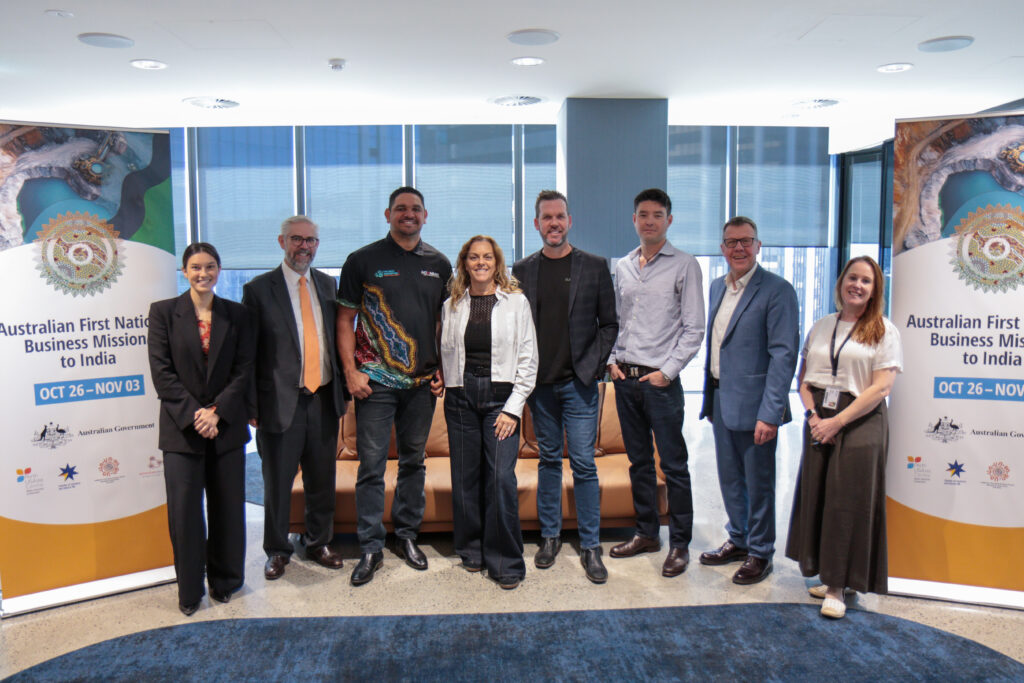Western Australian businesses continue to face cost pressures, even as overall confidence in the State’s economy has climbed to its strongest level in three years.
 CCIWA’s September Business Confidence Survey found two-thirds of businesses (66%) cited rising costs as a barrier to growth.
CCIWA’s September Business Confidence Survey found two-thirds of businesses (66%) cited rising costs as a barrier to growth.
Wages were the most pressing concern, with more than four in five (82%) reporting it as a top cost pressure, followed by steep insurance premiums (60%) and taxes or levies (48%).
“We know that businesses have been dealing with high costs for some time now, and thankfully inflation seems to be on a downward trend, but those high costs continue to stifle growth in our economy,” said CCIWA Chief Economist Aaron Morey.
“There’s not much the WA Government can do about inflation but one tool it does have is to reduce the payroll tax burden on these businesses who are being squeezed from every direction.”
Morey said the “unfair” payroll tax made WA the most expensive place in the nation to employ someone.
“The system hasn’t been reformed since 2020 and since then wages have gone up significantly, so more businesses are paying it,” he said.
Confidence rebounds
Despite cost pressures, optimism in the resources sector, successive interest rate cuts and easing trade concerns have boosted business confidence in WA to a three-year high.
Just over two in five (41%) WA businesses expected stronger economic conditions in the next three months, up six percentage points from June. Looking longer term, 32% of businesses anticipated conditions will improve over the next year.
“This is a substantial increase in business confidence, likely driven by strong commodity prices and the impact of tariffs being lower than expected,” Morey said.
“When WA’s resources sector is doing well, that flows through to the rest of the economy.”
Retail businesses, however, were the least optimistic, with more than one in three (37%) expecting conditions to worsen.
Skills and technology challenges
The survey also found labour shortages remained widespread, reported by 61% of businesses. Shortages were most acute in health care and social assistance (81%), resources (76%) and professional services (73%).
On technology, WA businesses remained cautious about artificial intelligence (AI), with 39% considering adoption in the next 12 months. This was most prominent in the real estate (92%), education and training (79%) and health care (53%) sectors.
CCIWA’s Economic reports, including Business Confidence, are available exclusively to CCIWA Complete, Advantage and Corporate Members. For more see CCIWA’s Economic Insight page.












